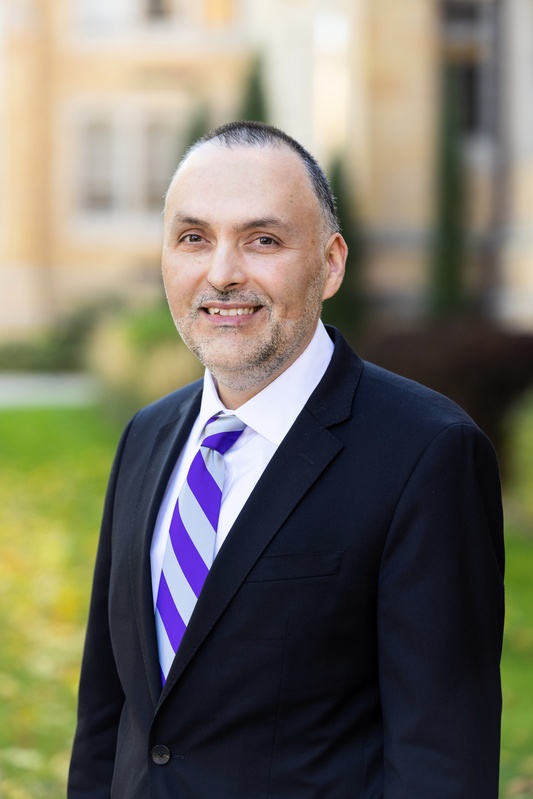The University of St. Thomas in Minnesota is introducing a new graduate program: the Master of Arts in Artificial Intelligence Leadership (MAIL). Classes will begin in fall 2025. This interdisciplinary program targets non-technical professionals seeking to understand and strategically manage the increasing integration of artificial intelligence in their workplaces. Focusing on ethical considerations, strategic implementation, and effective communication, MAIL aims to empower leaders to collaborate effectively with AI developers and technical experts.
As organizations across business, non-profit, and government sectors adopt AI technologies, many leaders find themselves needing more knowledge to manage these powerful tools responsibly. The Master of Arts in AI Leadership program is designed to fill this gap, equipping professionals with foundational AI knowledge, ethical insight, and leadership skills crucial for guiding AI integration across diverse industries.
“Graduates of the Master of Arts in Artificial Intelligence Leadership will have the theoretical, practical, and ethical background to realize the full potential of these new technologies,” said Thomas Feeney, an associate professor of philosophy in the College of Arts and Sciences who led the program’s development.
Highlighting the cross-cutting impact of AI, the new master’s program draws on expertise from multiple colleges within the university, including the College of Arts and Sciences, Opus College of Business, and the School of Law.

“Artificial intelligence is transforming every sector of our society. This program empowers leaders not just to adapt, but to shape that transformation with insight, integrity, and purpose,” said Executive Vice President and Provost Eddy Rojas.
“This is about learning to see farther, to inspire teams and organize work more effectively,” Feeney added. “It’s about taking responsibility for our future by ensuring AI is developed and implemented well.”
The program consists of 10 asynchronous online courses delivered over five terms, enabling working professionals to complete the degree in under two years at their own pace. The curriculum is structured around two core components: “Foundations and Ethics” and “Leadership Development.”
Foundational courses like Foundations and History of Artificial Intelligence and AI, Ethics, and Society provide a solid grounding in AI concepts, history, and the critical ethical dimensions, including bias, data privacy, and societal impact. Leadership courses such as AI Literacy for Leaders, Identifying AI Opportunities, and Implementing AI Solutions prepare students to lead AI projects strategically, from initial concept through to evaluation and scaling. A distinctive feature is the capstone project portfolio, where students compile work demonstrating their ability to integrate AI effectively into organizational strategies.
This new master’s degree complements the university’s existing AI-focused offerings, such as the Master of Science in Artificial Intelligence at the School of Engineering and graduate certificates in AI Foundations and Applied AI. Most of the university’s other AI offerings are geared toward training technical practitioners like data scientists and engineers. MAIL, in contrast, is specifically tailored for current and aspiring managers, executives, nonprofit directors, and government leaders who need to navigate the strategic and ethical landscape of AI without necessarily becoming technical experts.
Source: https://news.stthomas.edu/


